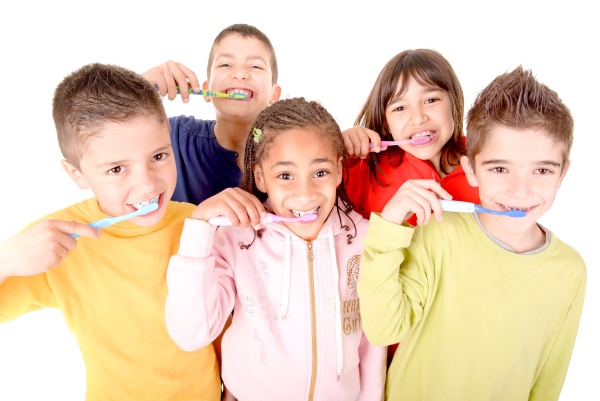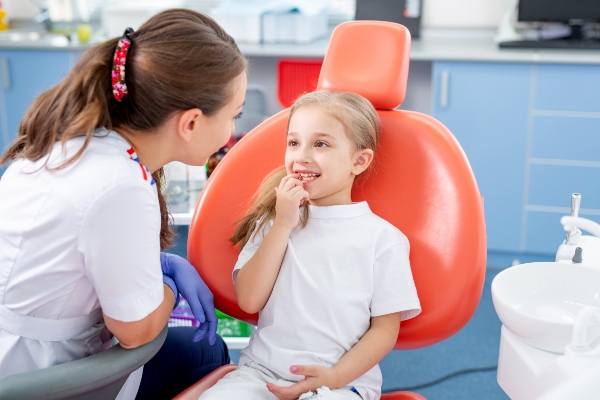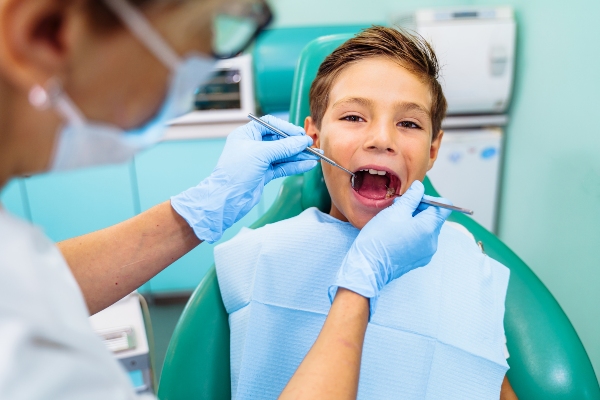A Pediatric Dentist Advises You to Start Early with Your Baby’s Dental Care

Do you want more information on the importance of a pediatric dentist? Your baby needs to be evaluated by a dentist by the time their first tooth appears. A dentist whose focus is pediatric dentistry knows exactly what to look for in a baby’s mouth to ensure that their overall oral health is in good shape. As soon as your baby’s first tooth appears, they are susceptible to cavities. Cavities are to be avoided as they can significantly jeopardize the health of your baby’s tooth. It is essential for you to be proactive in your child’s oral health care.
About pediatric dentistry
A pediatric dentist has undergone an additional two or three years of dental training after receiving their degree. This additional training allows them to understand the unique needs of infants, children and teenagers to ensure their oral health is always in great shape. They have also received training in treating children who have special needs and behavioral concerns.
A pediatric dentist makes a recommendation of behavior guidance methods for the child based upon health history, special health care needs, dental need and type of treatment required. They factor in the consequences of no treatment, emotional and intellectual development and parental preferences when deciding what to do.
How to care for your baby’s teeth and gums
The following list of information for parents will help you understand how to care for your child’s teeth's as well as understand the importance of early dental care.
Cleaning your baby’s gums
Wiping a baby’s gums needs to be done before their first tooth appears. You can use a soft, damp washcloth or gauze to clean the gums gently. This process helps to remove any milk or food that may be lingering in the mouth. These leftovers could encourage bacterial growth that could cause an infection and other issues.
Cleaning new teeth
Once your baby’s teeth start to grow in, you can use the same method for cleaning gums. The difference is that you also need to gently wipe over your child’s teeth. Baby teeth play an important role. They are the placeholders for your child’s adult teeth. Without proper care, they can decay and fall out. This can cause your child’s adult teeth to grow in crooked or misaligned.
When to use toothpaste
Once a baby reaches the age of 2 years old, you can use a small, soft-bristled toothbrush and toothpaste. The American Dental Association says children under 3 years old can use fluoride toothpaste. That said, be sure to check with your dentist as all children’s smiles are different.
When to see a pediatric dentist
As mentioned earlier, your child should see a dentist by the time their first tooth emerges. The American Academy of Pediatric Dentistry recommends children see the dentist by their first birthday. At the initial visit, the dentist can help establish an oral care routine for your baby. It also lets your child establish a relationship with the dentist. They will be used to letting this stranger care for their teeth as they grow up.
We are always happy to see new faces! If your child needs to see a pediatric dentist, call our office to schedule an appointment.
Request an appointment here: https://www.hvkidsmiles.com or call Hudson Valley Pediatric Dentistry at (845) 363-4177 for an appointment in our Middletown office.
Check out what others are saying about our services on Yelp: Read our Yelp reviews.
Recent Posts
Pediatric root canals can restore severely decayed and damaged teeth, including baby teeth. Any tooth experiencing decay that has reached the root will cause pain and other uncomfortable symptoms. It may also cause a baby tooth to fall out prematurely, negatively impacting smile development. Whether your child has been recommended a pediatric root canal for…
A pediatric root canal removes infected pulp that can spread infection and cause tooth pain. These procedures are sometimes needed to save children’s baby teeth. Here is a closer look at pediatric root canals and why they can be important.Also referred to as baby root canals, these are endodontic procedures performed on baby teeth. There…
Curious about pediatric root canals? Read on to learn more about this common procedure. If your child needs a pediatric root canal, it might be a stressful and anxious time for both of you. However, you as a parent must prepare them. The treatment is often needed if the tooth has extensive decay or infection…
A pediatric root canal is a restorative procedure that can preserve the overall health of a child’s smile. This applies even if the affected tooth is a primary tooth. After the procedure, a pediatric dentist will likely place a dental crown on top of the treated tooth. Crowns not only protect the treated tooth but…


